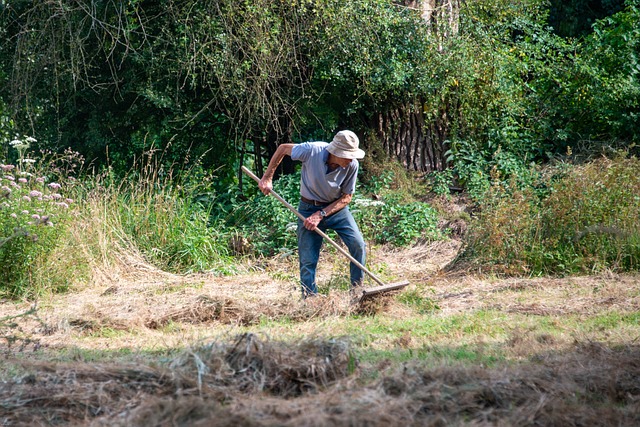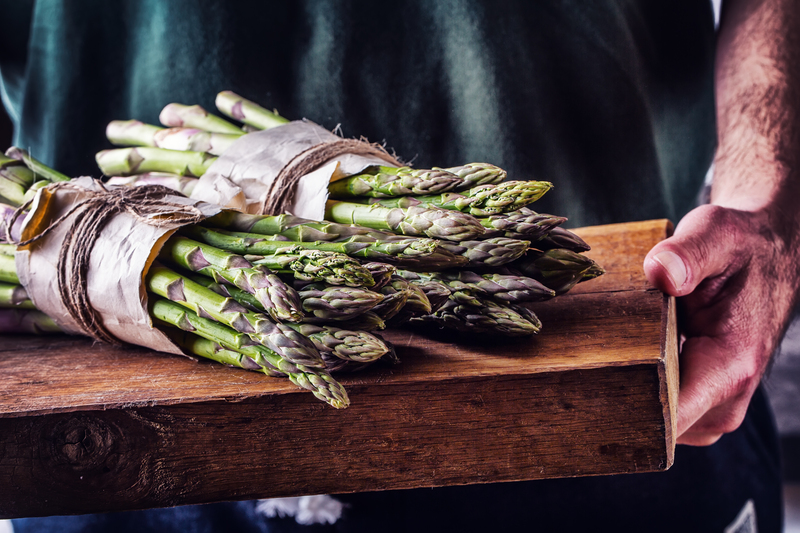The Ultimate Guide to Gardening in Mortlake
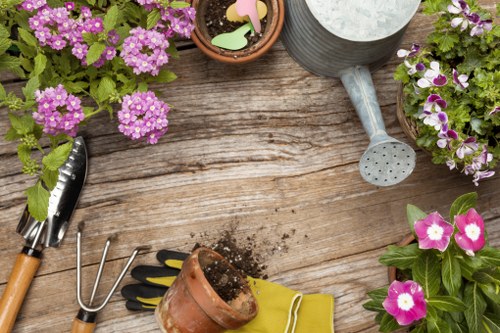
Gardening in Mortlake offers a unique blend of urban convenience and natural beauty. Whether you're a seasoned gardener or just starting out, Mortlake provides the perfect environment to cultivate your green thumb. This guide explores the best practices, local resources, and tips to help you thrive in your gardening endeavors.
Mortlake's climate is ideal for a wide variety of plants. With its temperate weather and fertile soil, gardeners can enjoy year-round cultivation. From vibrant flower beds to lush vegetable gardens, the possibilities are endless.
One of the key aspects of successful gardening in Mortlake is understanding the local flora. Familiarizing yourself with native plants not only ensures better growth but also supports the local ecosystem. Moreover, native plants are often more resistant to pests and diseases prevalent in the area.
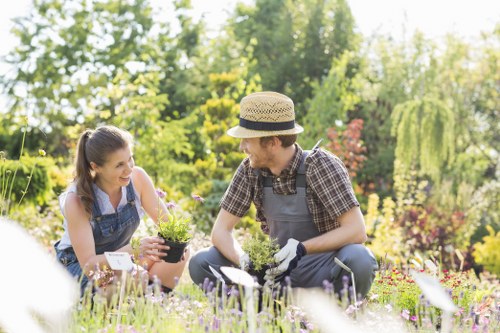
Choosing the Right Plants for Mortlake Gardens
Selecting the appropriate plants is crucial for a flourishing garden. Consider factors such as sunlight, soil type, and water availability when making your choices. Mortlake's diverse environment allows for both sun-loving and shade-tolerant species to thrive.
For those interested in vegetable gardening, Mortlake offers an abundance of options. Tomatoes, cucumbers, and peppers are popular choices that perform well in the local climate. Additionally, herbs like basil and rosemary can add both flavor to your dishes and beauty to your garden.
If you're more inclined towards ornamental gardening, Mortlake boasts a variety of flowers that add color and vibrancy to any space. Roses, tulips, and lavender are excellent choices that can create stunning visual displays throughout the year.
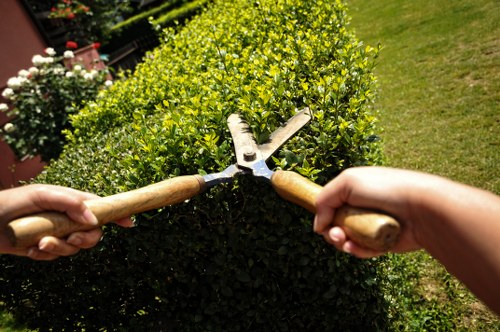
Soil Preparation and Maintenance
Healthy soil is the foundation of a successful garden. In Mortlake, it's essential to test your soil's pH and nutrient levels to determine what amendments may be necessary. Regularly adding compost or organic matter can enhance soil fertility and structure.
- Test your soil pH and adjust as needed.
- Incorporate organic compost to improve soil texture.
- Practice crop rotation to prevent soil depletion.
- Use mulch to retain moisture and suppress weeds.
Proper irrigation is also vital. While Mortlake generally receives adequate rainfall, supplementing with a reliable watering system ensures your plants receive consistent moisture, especially during dry spells.
Regular maintenance tasks, such as weeding, pruning, and pest control, help keep your garden healthy and productive. Utilizing natural pest deterrents can minimize the need for chemical interventions, promoting a more sustainable gardening approach.
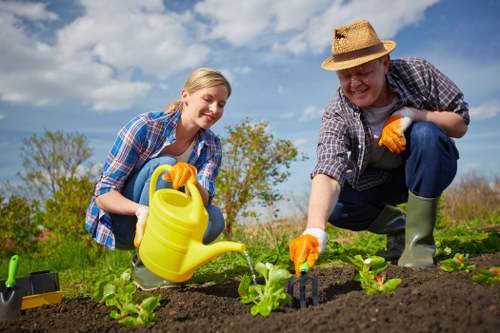
Local Resources and Community Support
Mortlake is home to a vibrant gardening community that offers numerous resources for both novice and experienced gardeners. Local nurseries provide a wide selection of plants, tools, and expert advice tailored to the Mortlake climate.
Joining a gardening club or attending community workshops can enhance your gardening knowledge and connect you with fellow enthusiasts. These communities often share tips, plant swaps, and organize events that foster a collaborative spirit.
Additionally, Mortlake's public gardens and parks serve as excellent places to gain inspiration and observe a variety of plant species. Visiting these spaces can provide valuable insights into successful garden designs and plant combinations.
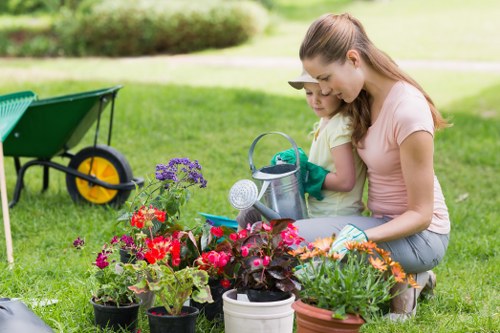
Seasonal Gardening Tips
Adapting your gardening practices to the seasons ensures continuous growth and productivity. In the spring, focus on planting new seeds and preparing your garden beds. Summer requires diligent watering and pest management, while autumn is ideal for harvesting and preparing your garden for the winter months.
Winter gardening in Mortlake can involve planting cold-resistant vegetables or utilizing greenhouses to extend your growing season. Proper planning and seasonal adjustments can maximize your garden's output and beauty throughout the year.
By understanding and implementing seasonal strategies, gardeners in Mortlake can achieve a balanced and sustainable garden that flourishes in every phase of the year.






